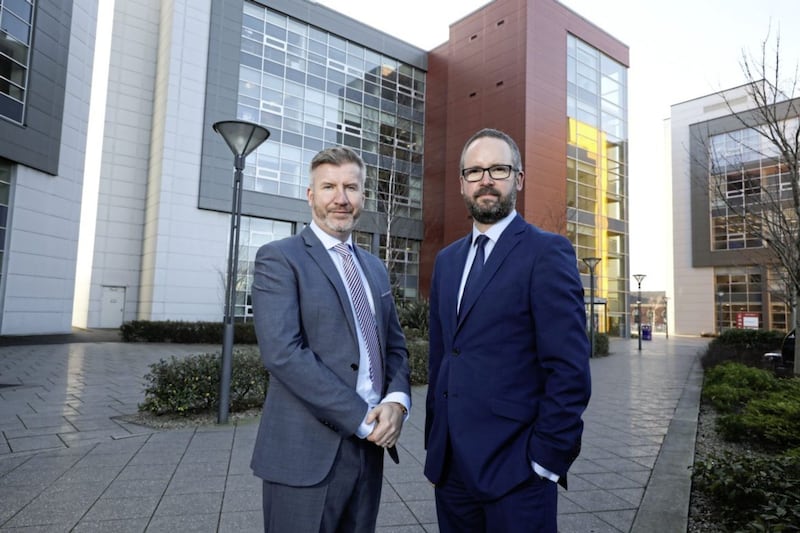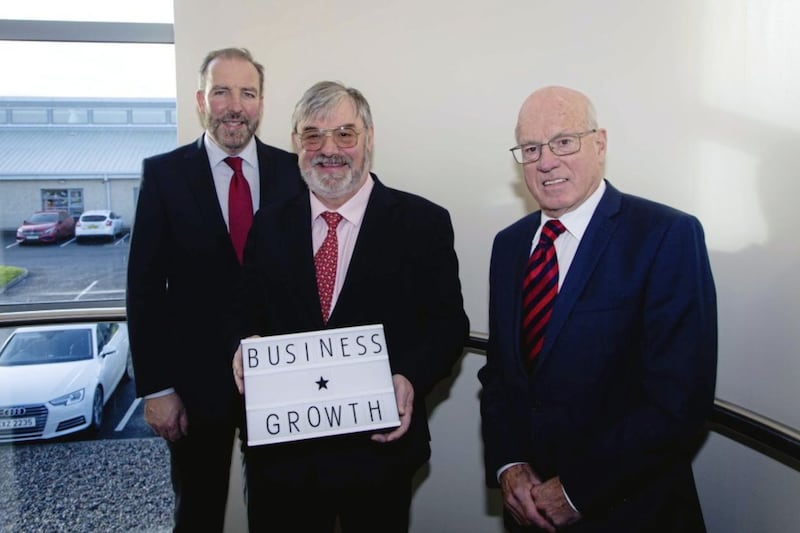PHYSICS-dependent businesses bring in more than £3.2 billion a year to the Northern Ireland economy and employ 59,000 people, a new study shows.
But maintaining that level of wealth contribution depends on at least continued - but ideally increased - investment in education and research, and improving the links between science and the entrepreneurship.
The report from scientific membership body the Institute of Physics (IOP) - launched at The Innovation Centre at Catalyst Inc in Belfast - highlights the crucial role physics plays in the business economy in the north
The sector employs 7.4 per cent of the region's total workforce and turns over £8.7 billion, and physics-driven technologies underpin a wide range of industries.
Physics-based industries encompass energy generation, transportation, everyday household appliance design and manufacture, telecommunications and broadcasting, medical technology development and even waste collection and disposal.
Norman Apsley, chief executive officer of Catalyst Inc, highlighted the need to continue to invest in education and research.
“Professor Sir John McCanny leads a Global Centre of Research into Electronics, Communications and Information Technology, all based on physics; Professor Jim McLaughlin puts physics to work with new and exciting medical devices for the new health economy in connected health; Dr Peter Fitzgerald has transformed physics and bioscience into a global health company Randox," he said
“So a new economy, with jobs and wealth for all our people, is within our grasp.”
“But it does not come without industry and investment. This report highlight the need to continue and even to increase our investment in education and research and to balance the focus between the science and the entrepreneurship that will convert it to wealth.”
Dr David Riley, co-chair of IOP Ireland, said that while Northern Ireland is in a robust position as a strong physics economy, continued investment is key.
“Today’s success is built on yesterday’s investment. It is the fruit of long-term support for physics in education, research and skills. If Northern Ireland is to maintain a high-tech, high-growth economy for the future, that support for physics will need to continue – and even expand.”








